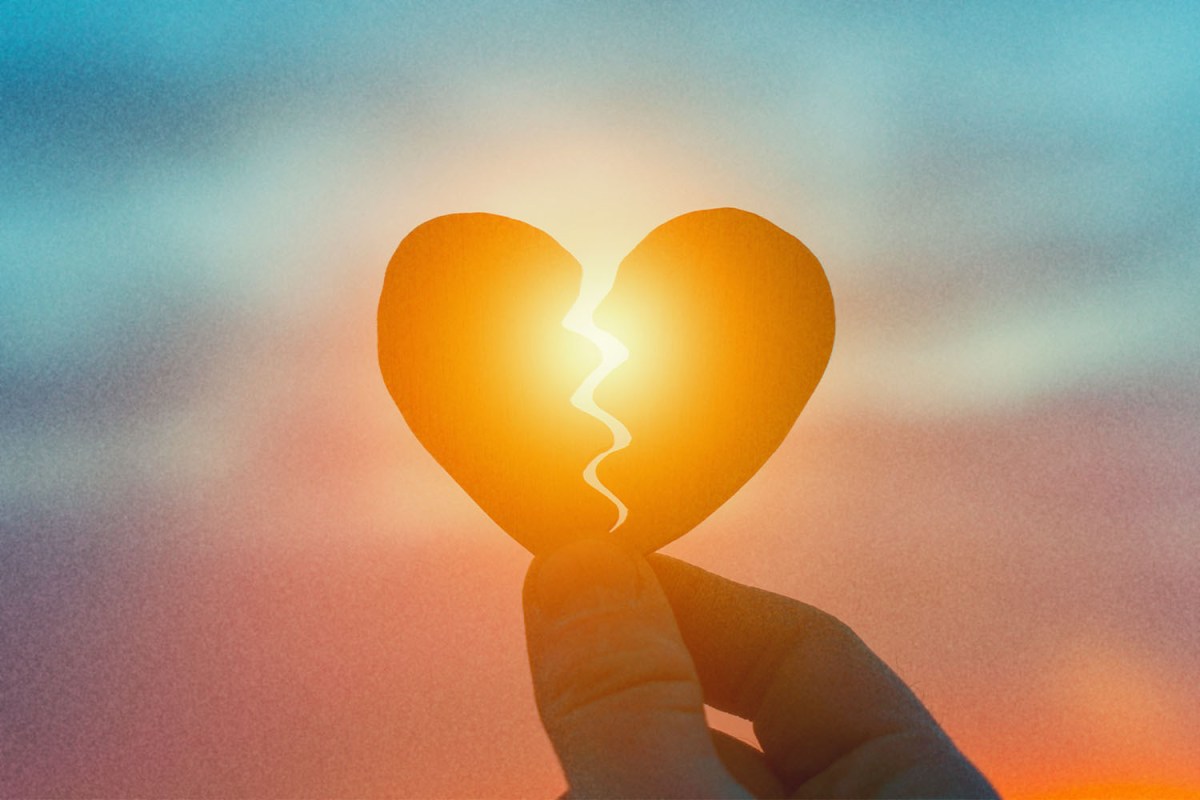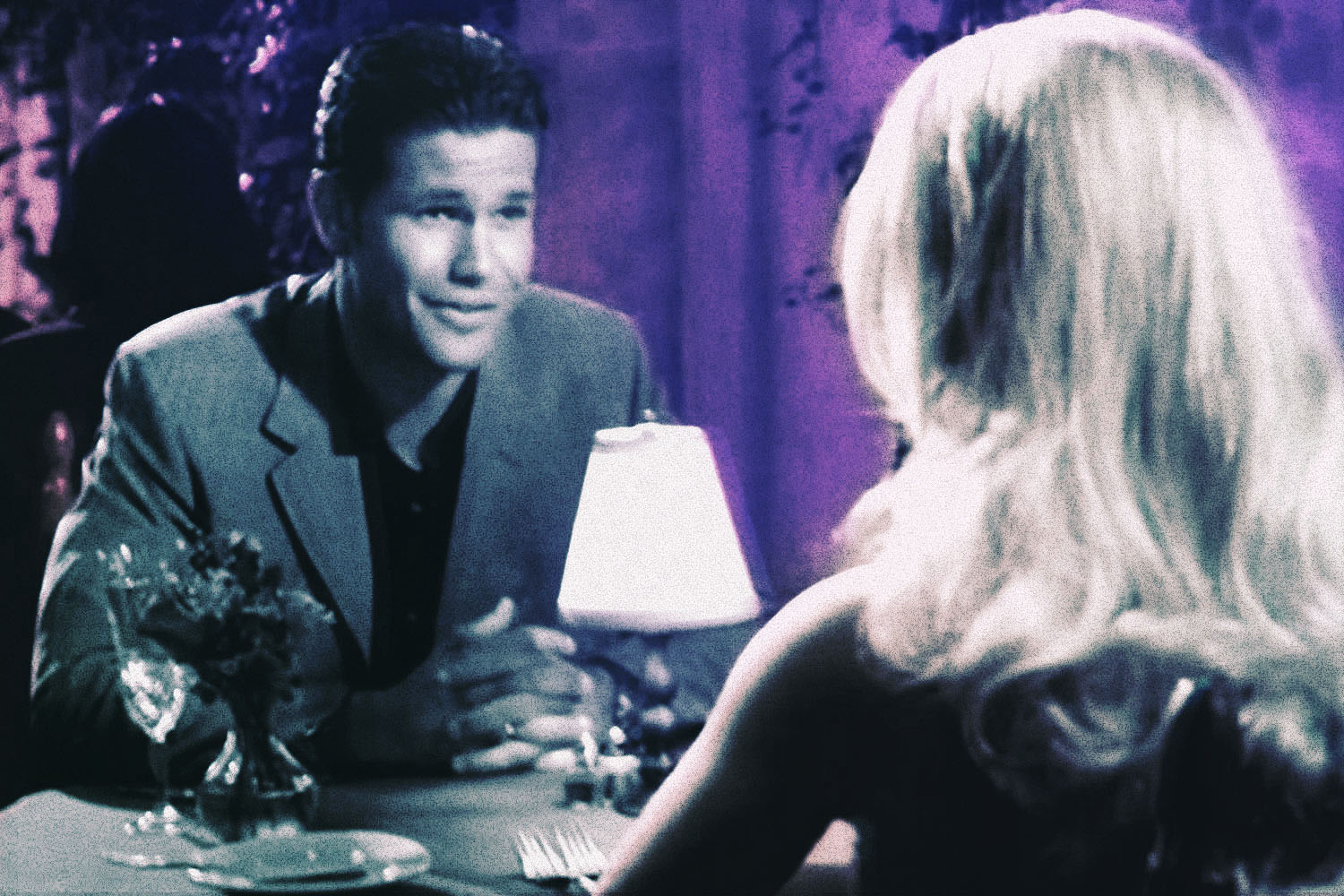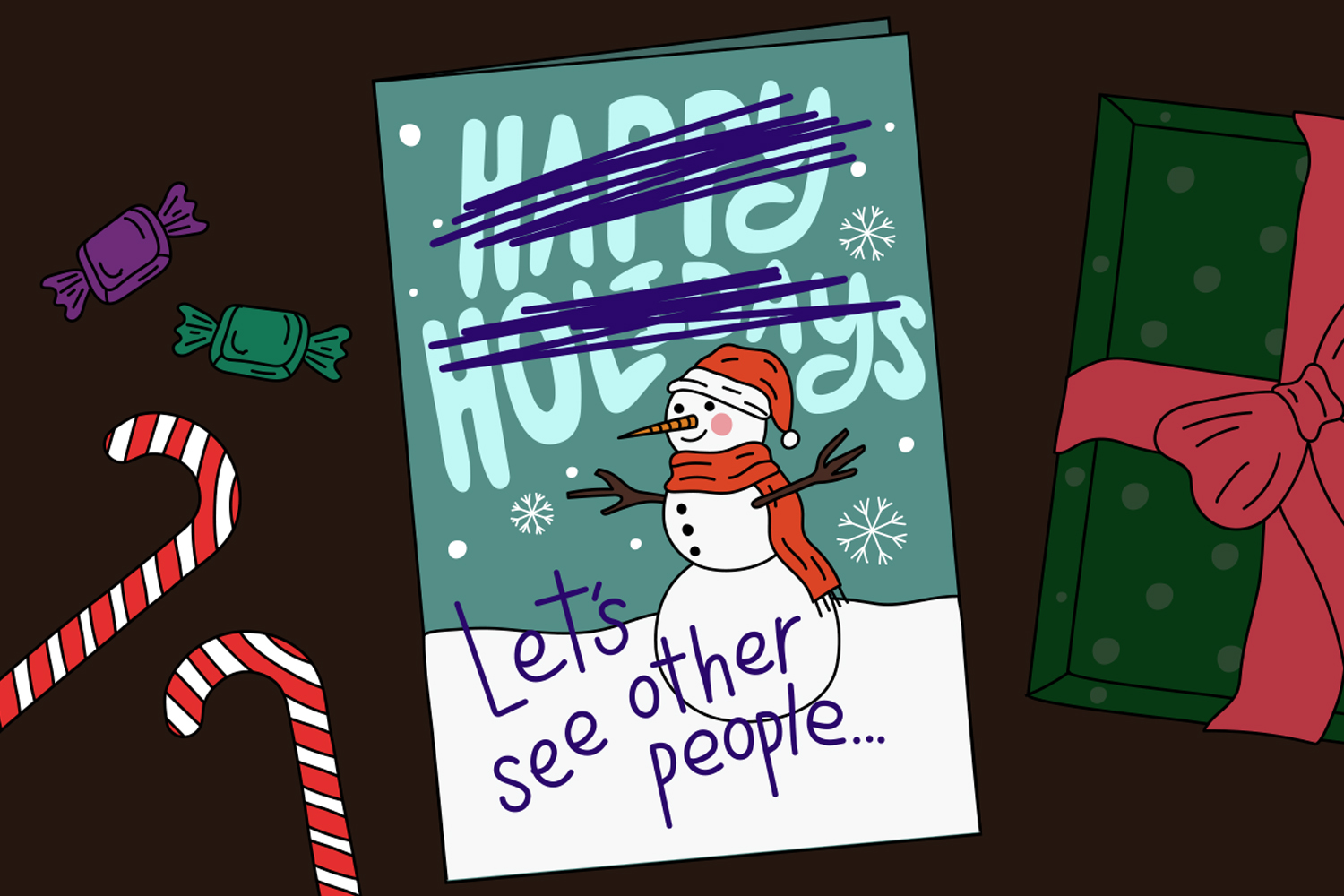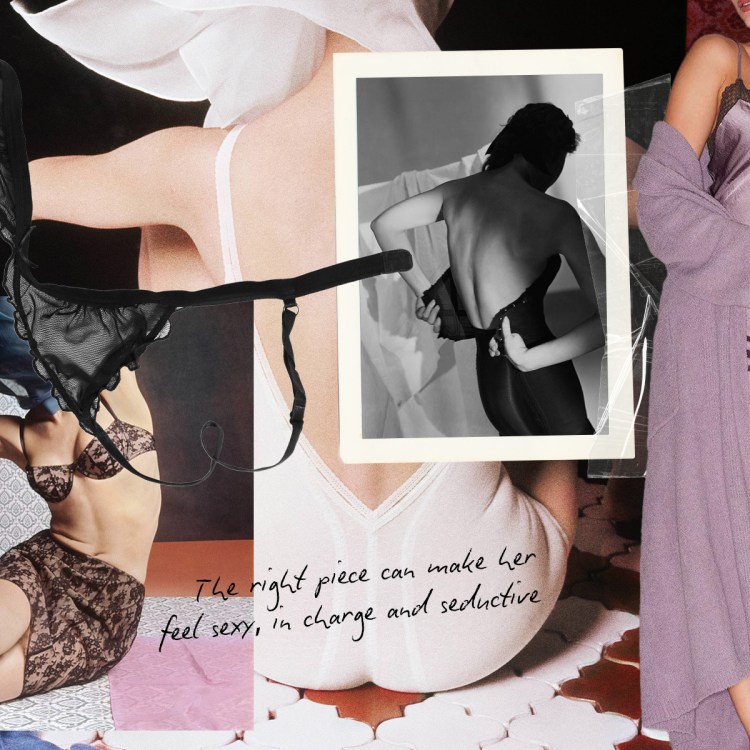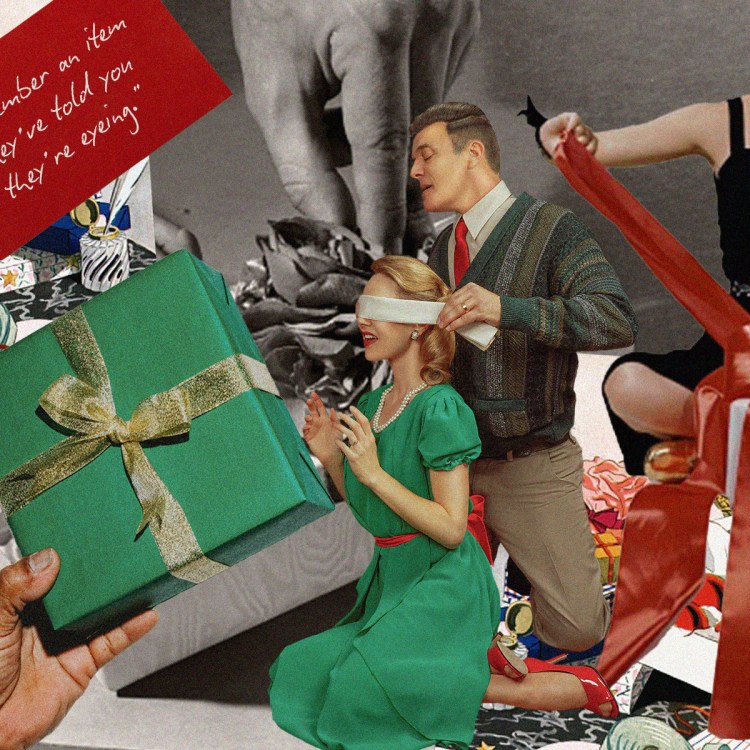No one is going to believe me when I say this, but I genuinely love getting broken up with. This is convenient, because I happen to get broken up with a lot.
Of the three real, traditional, capital-R Relationships I’ve been in, I’ve never been the one to end things. (The myriad flings and ambiguously romantic affairs I’ve had in the meantime have generally fizzled out — more or less unceremoniously, more or less mutually — as casual flings and ambiguously romantic affairs are built to do.) This is partly by nature; an objectively untrue thing that I believe anyway is that all people are fundamentally either people who get broken up with or people who do the breaking up, and that I am the former. But my flawless track record of always being the jilted party is also, I believe, partly by choice.
While we tend to think of the person who gets broken up with as the loser in that situation — the loser of the whole relationship, really — there are practical advantages to being the one who gets dumped. There’s the rather perverse comfort — the rather perverse thrill, even — of getting to fancy yourself the victim. There’s the license to be angry, to be sad, to feel whatever uncomfortable feelings result from a breakup and to feel them to their fullest extent. Getting broken up with often even grants you a temporary hall pass to feel those uncomfortable feelings in very public ways and places, to do something weird with your hair or cry at work or post something untoward on Instagram.
Most importantly, being the one who gets broken up with, as opposed to the one who does the breaking up, frees you from the responsibility of decision, from the agony of ever having to wonder if you made the right choice. If you decide to break up with someone and then it turns out all your worst fears weren’t silly or unfounded at all and actually there isn’t anyone better out there for you and you die alone, then it’s all your fault and you have no one to blame but yourself. But if someone breaks up with you and you never find anyone else and you die alone and miserable, then it’s not your fault. There’s nothing you could’ve done. You’re the victim, remember? You’re not responsible for your own unhappiness, someone else is.
I used to think my willingness to play the fool, to be the loser, to put my heart on the line in relationships and their demise was very noble. I thought it was about not wanting the upper hand because I want to be the one who gets to feel more. I think this might still be true, in part. The rush and excitement of love that is unrequited or at least unmatched to some degree will always do more for me than the bored superiority and stability of being the one who cares less. If I’m going to love you, then I want to love you in a way that is utterly inconvenient for us both, but mostly for me. I’d rather be the one crying myself to sleep in your bed because I decided to show my cards knowing I had a losing hand than the one who gets to say vague, unaffected things like, “I think there are parts of you I could have loved,” even though that’s a devastatingly cool thing to get to say.
But about a month ago, when my boyfriend of a year rather abruptly ceased to acknowledge my existence and my first reaction was apathy with a shot of relief, I realized I may not be quite the romantic martyr I thought I was. It’s not just that I don’t want the upper hand because I’m kind of a narcissist who fetishizes emotional vulnerability to a self-destructive degree; it’s also that I simply don’t want the responsibility. I’m afraid of being ultimately, solely responsible for my own future happiness or unhappiness. If I end up alone or otherwise unhappy, I want to be able to blame someone else.
It’s this fear, I think, more than the fear of the unknown or of sadness or of not having a date to that wedding in October, that keeps people in relationships they’ve outgrown. It’s why actually breaking up with someone, even for the people I erroneously believe have been divinely designated as break-uppers at birth, is virtually impossible. It’s probably why my own ex chose to not really even do it at all, but to simply pull a vanishing act. (I’m not mad about it. I tend to have a pretty liberal policy on ghosting and no particular desire to listen to someone who used to love me explain why they don’t anymore.)
An uncomfortable truth is that it’s almost always easier to stay with someone than to break up with them, and that convenience will usually win out. An object in a relationship tends to stay in a relationship. Until and unless things get really bad — and for many couples, things never do — the convenience of staying together will almost always outweigh the vague and illusory possibility that maybe there’s something better out there: another person, another path, another version of yourself. Why rock a good-enough thing? After all, that greener grass, we’ve been told, is just an illusion, isn’t it?
When I realized my relationship had ended — or vanished or dissolved or whatever it did to dispose of itself — I realized that if it hadn’t, I would have stayed indefinitely. I would have stayed through all the vacant looks and empty stares and moments of doubt and those times when you find yourself looking at your own relationship like you’re staring in at it through a window from outside, like it’s a room reflected in a mirror. I would have stayed for all those reasons and for all the other ones that keep people in relationships with people they’ve stopped loving the way they want to love, or the way the other person wants to be loved. Because even if you don’t have kids or a house or a dog wrapped up in the union you’d be dissolving, you probably have summer plans and nice memories and someone’s wedding coming up and the vague notion of a future together. And maybe you left your silk pillowcase — the good one that doesn’t show the stains from where your hair dye bleeds at night — on his bed. And maybe his quarter zip — the one you always joked about stealing but never meant to actually steal-steal is still in the Louis Vuitton bag he got you for your birthday, and maybe there are nearly a dozen empty flower vases in the kitchen from a time when you were loved and if you break up what are you supposed to do with all of that?
I would have stayed even though I’m no serial monogamist, even though I’ve been single for most of my adult life and loved it, probably more than I’ve ever truly loved being in a relationship. And it probably would’ve been okay. Lots of things, lots of relationships, are pretty much okay. But it wouldn’t have been good, anymore. It wouldn’t have been what I really wanted, or didn’t know I really wanted or was afraid to want. And it wouldn’t have been whatever it is he was probably afraid to want, either.
The process of uncoupling, of disentangling yourself and your life and whatever percentage of your identity you’ve fused with another person’s, involves some inevitable degree of loss. For all the things you find again after a relationship ends — freedom, old friendships, a stronger sense of self — there’s a piece of yourself that you’re probably not going to get back. Even if you do, you’ll most likely find it’s transformed into something else. It doesn’t have to be something ugly or scarred, but you’re going to have to mourn it just the same — maybe even more than you actually have to mourn the relationship itself — and who wants to do that? Growing as a person is exhausting. Most of us try to avoid doing so whenever possible.
But when someone breaks up with you, you don’t have a choice. You’re going to grow whether you want to or not. This, too, as Mary Oliver famously put it, is a gift. In the month or so since my relationship has ended, I’ve shuffled through the usual range of diverse emotions. There was the apathy, the relief, a week where I just felt a little nauseous all the time for no particular reason, and sadness, too, comes in flashes. But on the whole, I’ve felt a strange mix of peace and excitement. In some ways it’s a return to self, in others an evolution (and in some, of course, a loss). I went on vacation. I’ve had sex with old flames in beautiful hotel rooms and new ones on office couches. I feel free. I feel like myself. It’s hot breakup summer.
This, by the way, was supposed to be a fun, sexy piece about how it’s Hot Breakup Summer and everyone is embracing single life because of some trend or bit of discourse that I probably would have mostly made up. But I don’t know if any of that’s actually true. I have no real evidence that some kind of mass breakup vibe shift is heading our way, no data to suggest breakups really are on the rise this summer. I could scrounge some up if I wanted to, but I don’t. Numbers have never really told me anything I actually want to know.
What I do know is that you should probably break up with that person you’ve been thinking about breaking up with. You don’t have to do it right now. Relationships, from what I’ve gathered, seem to have a way of ending or breaking or evaporating into the ether on their own time, often in a way that seems at once shocking and inevitable. But if you, unlike myself, are someone who is capable of ending a relationship, know that it is a gift. It’s grief. It’s growth. It’s loss. It’s renewal. It’s a beautiful thing to give someone you’ve loved, in whatever way you have — maybe the most beautiful thing you were ever going to be able to give them in the first place. I also know that you’re probably still not going to do it, though, and who can blame you.
Whether you’re looking to get into shape, or just get out of a funk, The Charge has got you covered. Sign up for our new wellness newsletter today.
